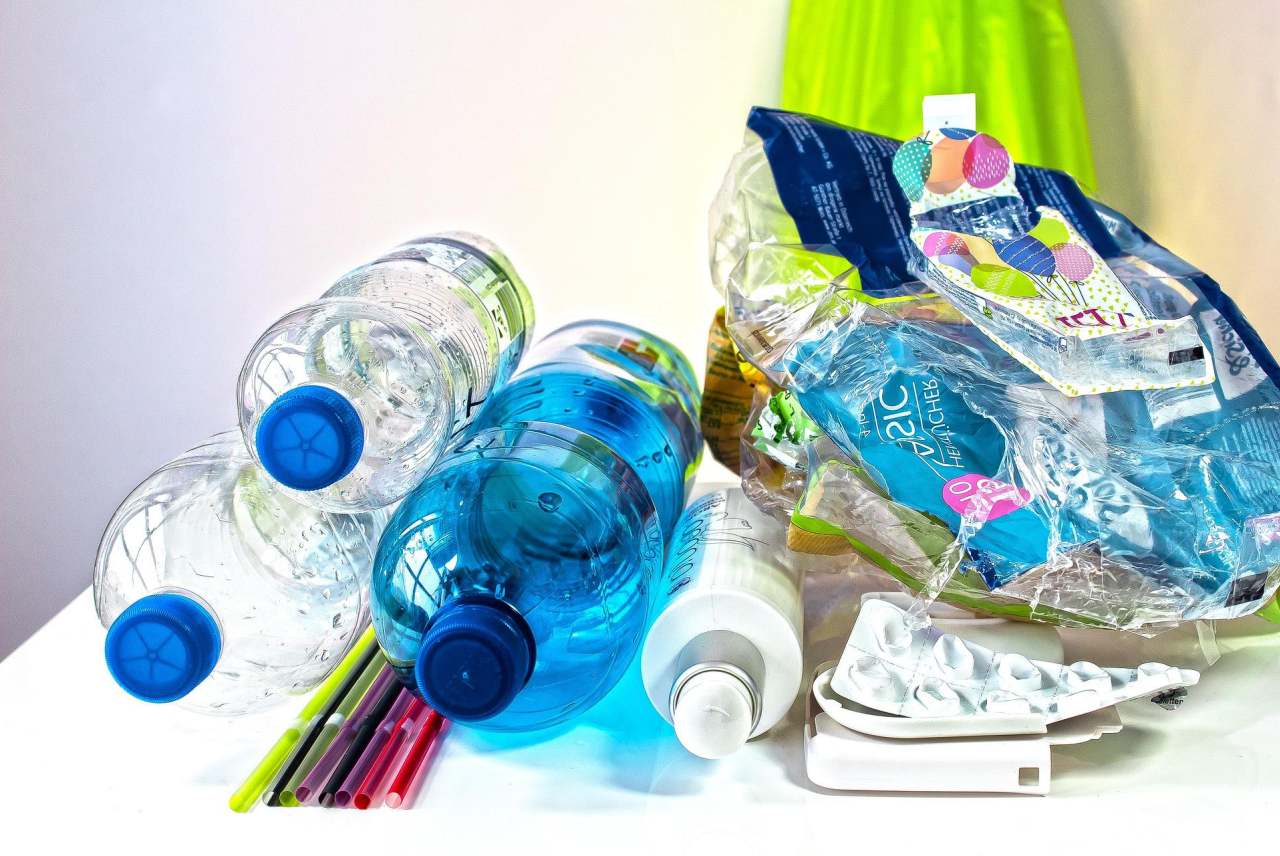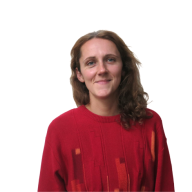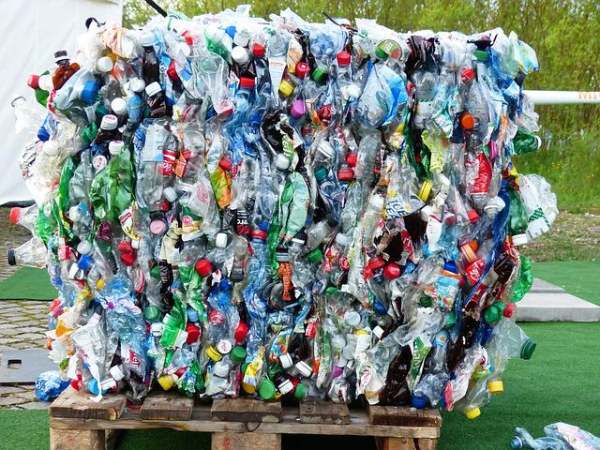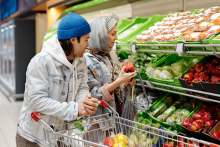What is TerraCycle?
TerraCycle recycles hard-to-recycle waste such as crisp packets or chocolate wrappers. It also manufactures recycled products using waste collected through its programmes, and has a division focused on selling recycled raw materials back to manufacturers.
It’s been celebrated by organisations from the UN to the World Economic Forum.
However, TerraCycle is increasingly facing criticisms, including from NGOs who say that the company’s not as great as it claims to be. It’s also been the focus of a recent BBC Panorama investigation.
We don’t urge consumers to avoid TerraCycle recycling programmes. However, we do think it’s important to highlight how TerraCycle collaborates with brands in a way that might suggest that they are helping to solve the plastic pollution problem, when in fact those brands continue to be leading contributors to the plastic pollution problem.
Here we examine the main criticisms of TerraCycle.








